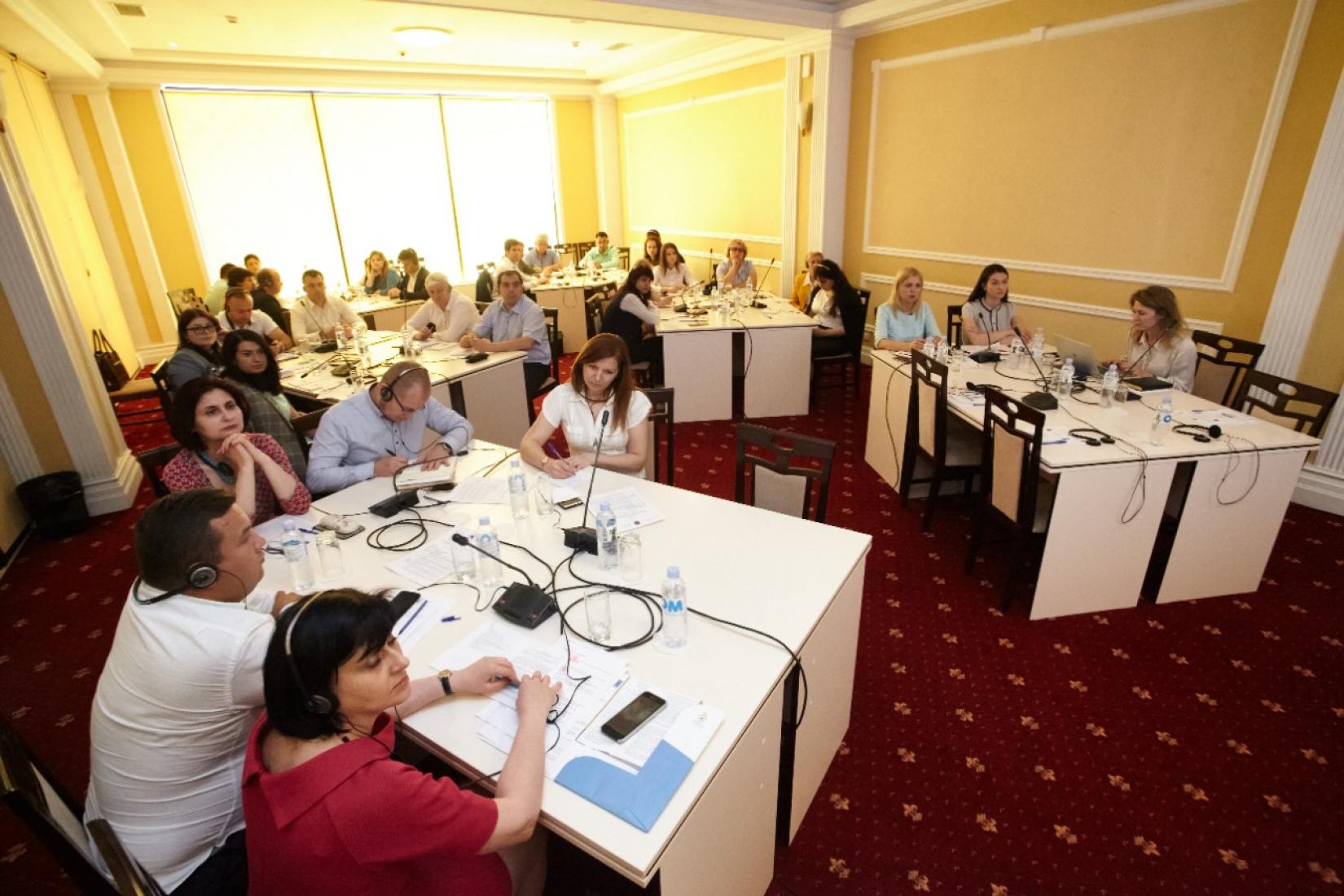The Law on Whistleblowers should become an efficient tool to counteract corruption
21 May 2019
The Law on Whistleblowers should be enforced so as to become a tool against corruption. At the same time, the persons who disclose illegal practices occurring in the institutions in which they work should benefit from maximum protection provided by responsible authorities. This was the conclusions drawn by the participants attending a capacity development workshop organized on the 27th of May 2019 for the employees of the National Anticorruption Center (NAC) and the People’s Advocate Office, in the framework of the UNDP “Curbing Corruption by Building Sustainable Integrity in Moldova” Project.

Although the Law on Whistleblowers entered into force in November 2018, no disclosure case was registered officially until now yet. To inform the population about this legal mechanism for disclosing illegal practices, UNDP together with NAC and People’s Advocate Office will conduct a communication campaign. At the same time, UNDP will provide support to institutions for implementing legal provisions.
“It is important for people to know about the existence of this mechanism for disclosing illegal practices in the institutions in which they are employed and to use it when encountering such situations. At the same time, the directly responsible institutions should have the capacity to intervene promptly when integrity whistleblowers disclose illegalities or corruption acts,” stated Olga Crivoliubic, UNDP Project Manager.
According to the Law, NAC deals with reviewing illegal practices’ disclosures, while the People’s Advocate Office is responsible to ensure whistleblowers’ protection.
“We are obliged to provide efficient protection in line with the law. Hence, those who will have the courage to denounce corruption-related actions will be sure that they will not become victims of revenges and will be able to benefit from protection,” mentioned Mihail Cotorobai, People’s Advocate.
The workshop participants were informed about the Hungarian experience in implementing the legislation on whistleblowers. Zsuzsanna Baksa, the representative of the Hungarian People’s Advocate, mentioned that the Law on Whistleblowers has been in force in Hungary since 2014. Annually, they register about 200-300 submissions from persons disclosing cases of corruption or illegalities. The cases are disclosed through an electronic system allowing assurance of whistleblower’s anonymity all over process of reviewing the disclosed facts.
The “Curbing Corruption by Building Sustainable Integrity in the Republic of Moldova” Project is implemented by UNDP in partnership with the National Anticorruption Centre and People’s Advocate Office, with the support of the Norwegian Ministry of Foreign Affairs. The project will be implemented during 2019-2021 and will build the capacities of the stakeholders from the public and private sectors, as well as from other civil society organizations, for efficient implementation of corruption prevention tools and standards.


